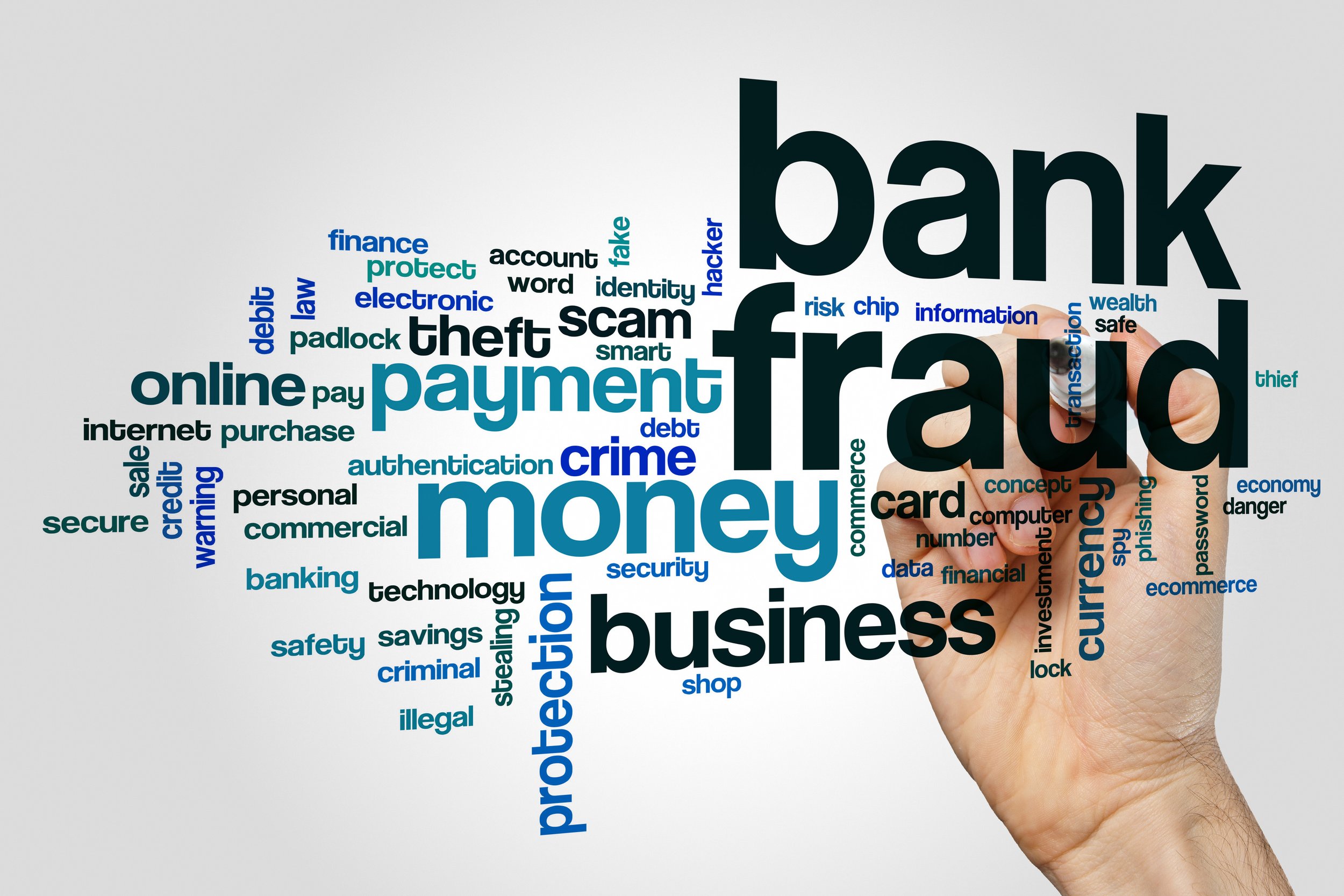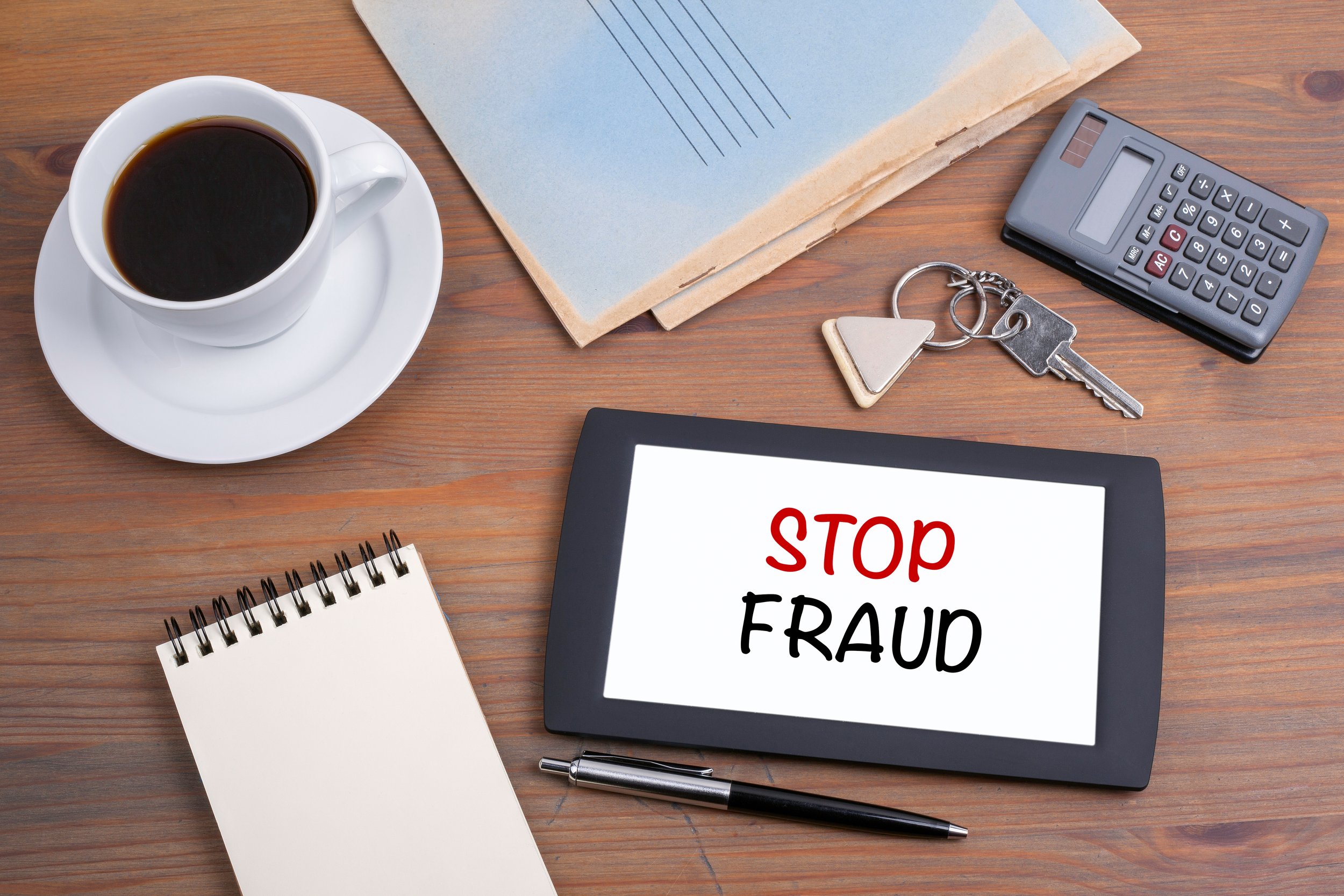BREAKING NEWS! Protecting Your Law Practice: FBI Chief Cautions Congress Against Impending Chinese Cyberattacks.
/FBI Director Christopher Wray TESTIFYING before the House China Committee.
On January 31, 2024, FBI Director Christopher Wray testified before the House China Committee. He warned about an ongoing Chinese hacking threat against the United States' crucial infrastructure, including water treatment, energy, transportation, and communications. In an era where cyber threats are becoming increasingly sophisticated and pervasive, the legal profession has become a prime target for malicious actors seeking to gain unauthorized access to sensitive information. Lawyers should take note as the Federal Bureau of Investigation (FBI) has been sounding the alarm on the growing concern of Chinese cyberattacks specifically targeting law firms.
The motives behind these cyberattacks are multi-fold. China's government-backed hackers often seek strategic advantages by acquiring insights into pending litigation or business deals involving American companies. By gaining access to confidential attorney-client communications or negotiating strategies, they can undermine negotiations or influence outcomes in favor of Chinese entities. Furthermore, the stolen intellectual property can be leveraged by Chinese corporations to be used as a blueprint for developing competitive products without incurring research and development costs. This unfair advantage undermines American businesses' ability to compete fairly in global markets and jeopardizes industries vital for national economic growth.
You might believe that your firm is safe from hacking by foreign governments because of its size or the specific legal field you specialize in. However, if any of your clients are targets of interest to hackers, your firm's data could also be at risk.
In order to safeguard your practice and client data, it is essential to adhere to key recommendations provided by the FBI:
Government sponsored cyber attacks can target even the smallest law firm!
Enhance Cybersecurity Infrastructure: Strengthening your practice's cybersecurity infrastructure should be a top priority. Implement multi-factor authentication for all devices and systems accessing sensitive information. Regularly update software programs, operating systems, and antivirus solutions to ensure they are equipped with the latest security patches. Additionally, consider employing a robust firewall and intrusion detection system to monitor network traffic and identify potential threats.
Conduct Regular Security Assessments: Perform periodic security assessments of your practice's IT infrastructure to identify vulnerabilities or weaknesses that could be exploited by cybercriminals. Engage reputable cybersecurity firms or consultants who specialize in conducting comprehensive assessments of networks, applications, and databases. These assessments will help you identify potential entry points for hackers and develop strategies to mitigate risks effectively.
Invest in Employee Training: The human element remains one of the weakest links in any organization's cybersecurity defense system. Train your staff on best practices for identifying phishing attempts, recognizing suspicious emails or attachments, using strong passwords, and practicing safe browsing habits online. By raising awareness among employees about potential cyber threats and providing them with the necessary knowledge to respond appropriately, you can significantly reduce the risk of successful attacks.
EMployee training can be one of your first lines of defense against cyber attacks!
Implement Data Encryption Measures: Encrypting sensitive data is an effective way to protect it from unauthorized access during transmission or storage. Utilize encryption tools across all communication channels within your practice – including email correspondence – as well as when storing files on local or cloud-based servers. Encryption ensures that even if cybercriminals gain access to your data, it remains unreadable and unusable to them.
Regularly Back Up Data: Implement a robust data backup strategy to ensure you can recover critical information in the event of a cyberattack or system failure. Regularly back up all client files, case documents, and other important data to an off-site location or cloud-based service. Test the restoration process periodically to verify the integrity of your backups and guarantee their availability when needed.
Establish an Incident Response Plan: Prepare for potential cyber incidents by developing a comprehensive incident response plan. This plan should outline the steps your practice will take in the event of a breach, including who should be notified, which authorities should be contacted, and how affected clients should be informed. By having a well-defined response plan in place, you can minimize damage and ensure timely action during high-stress situations.
The warning issued by FBI Director Christopher Wray underscores the urgency for legal practitioners to fortify their practices against these malicious actors. By prioritizing cybersecurity measures, fostering a culture of awareness, and collaborating with law enforcement agencies like the FBI, lawyers can better protect themselves and their client's interests and uphold the integrity of the legal profession in an increasingly digital world.





















